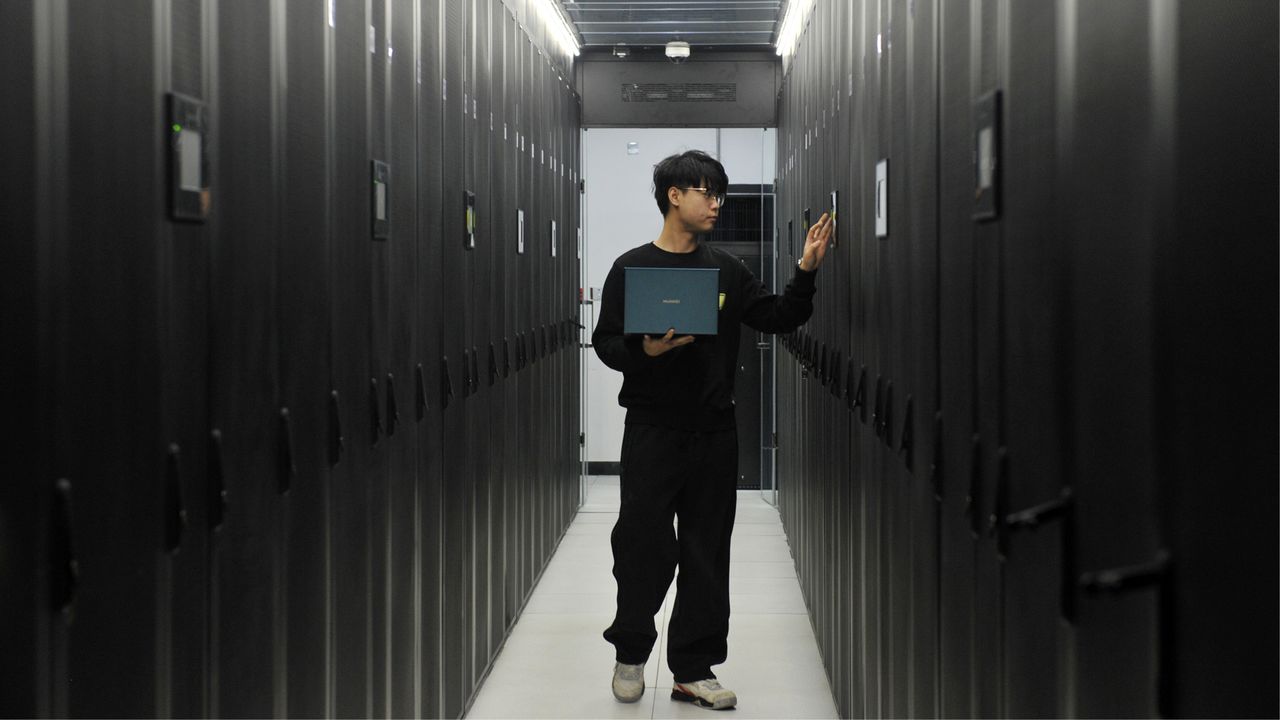
China has mandated that all domestic data centers begin using more Chinese-produced processors as part of an increasing initiative to make China self-sufficient when it comes to silicon, as reported by SCMP. This comes at a time of enormous global investment in datacenters, AI, and processor production, with an increased drive towards self-sufficiency and nationalistic stances on cutting-edge technology.
Moving forward, publicly-owned Chinese datacenter firms will reportedly be required to source more than 50% of their chips from domestic producers, according to people said to be familiar with the matter. This comes from guidelines initially published last March by the Shanghai municipality. This order appears to have now been extended to the wider country and could have a large impact on Chinese chip adoption and investment, as well as the country's overall interest in US processors.
Major US companies like Nvidia and AMD have faced federal hurdles to selling their latest chips to Chinese firms for some time, and are currently only able to sell watered-down versions of their latest designs, all while giving the US government a 15% cut of any proceeds, per terms of the latest White House deal. Although it seems that the US government does want to maintain favorable trading relationships with China and its domestic companies, the process has been fraught with turbulence in recent months, raising concerns that companies unable to source the chips they needed would turn to other avenues to acquire them. That's led to smuggling, but also may be part of the drive towards more local chip production in China.
Like Nvidia and other US company initiatives to spend hundreds of billions of dollars in datacenter construction and US-based chip fabrication, China has also announced a plethora of new datacenter projects in the past few years. Many of these were expected to be powered by some version of the latest GPUs from Nvidia and similar companies. However, amidst on-again, off-again trade blockades and Chinese concerns over tracking hardware built into the graphics cards, it's looking to drive more investment into locally produced chips moving forward. The news follows reports last week that China was discouraging the use of products like Nvidia's H20, hinting at security concerns.
The result of this policy may be a slowdown in Chinese AI innovation, though. While locally produced chips are said to be capable enough for AI inference - the day-to-day operation of running the AIs - they aren't as capable as the latest Nvidia and AMD GPUs for training. Limited access to the latest designs - and any future designs going forward - could severely limit Chinese innovation in this space. Its domestically produced GPUs are considered years behind the likes of Nvidia's latest developments. Notably, DeepSeek R2 was recently reported to have run into delays after it was trained on Huawei chips rather than Nvidia hardware at the behest of Beijing.
There's also the question of what software such Chinese chips might run on, and how that might work in conjunction with existing American processors. Nvidia chips can leverage the powerful and near-ubiquitous CUDA ecosystem, which Chinese-produced chips will not be able to take advantage of.
Follow Tom's Hardware on Google News to get our up-to-date news, analysis, and reviews in your feeds. Make sure to click the Follow button.







